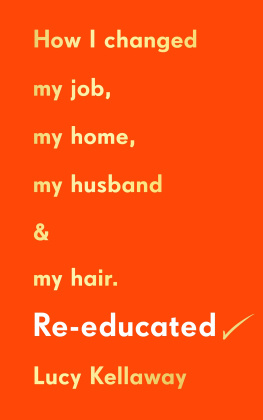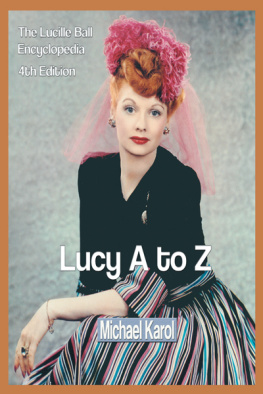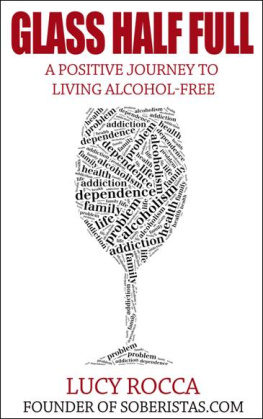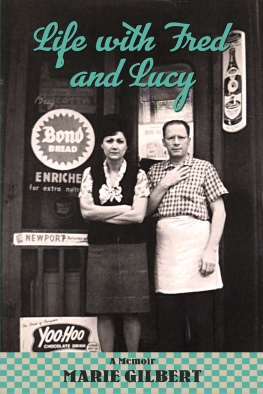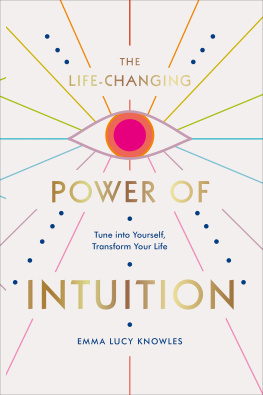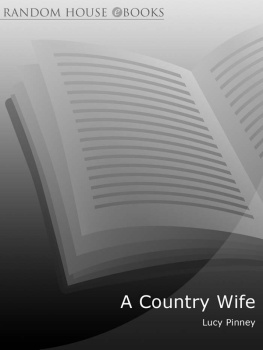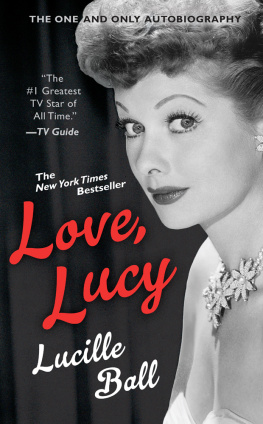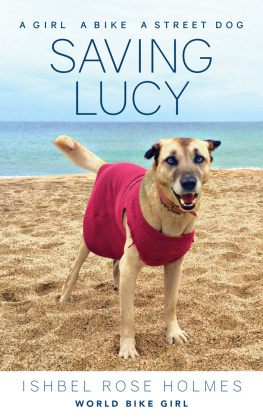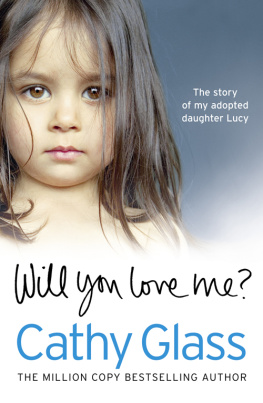

Lucy Kellaway
Re-educated
How I changed my job, my home, my husband & my hair

Contents
About the Author
Lucy Kellaway is an English writer and teacher. For over twenty years, she was an observer of the peculiarities of corporate culture in her column for the Financial Times, before retraining as a teacher. She is a co-founder of the educational charity Now Teach and lives in London.
To K & B
Let God Laugh at My Plans
Six years ago, I was living in a large, terraced family house in Highbury with a husband and four children. My life was a model of stability. I had been married to the same man for 25 years. For 15 I had lived in the same place, which itself was less than three miles from the large, terraced family house near Kentish Town where I grew up. I had worked at the same newspaper for 32 years, and every Monday for over two decades had written the same column.
Most mornings at 9.30am I would leave home on my bicycle and cycle through Clerkenwell and past St Pauls to the Financial Times, where an office full of hacks, many of whom had also been there for decades, sat at their desks drinking coffee out of cardboard cups. At the end of the day, I would get back on my bike and cycle home, where most nights I would set to and make supper for my children, my husband and for my dad, who lived nearby.
In the space of two years I tore it all down. House, marriage, job, considerable income I dispatched the lot of them. And if that wasnt enough change to be getting on with, one May morning in 2016, Dad was dispatched from his own life and from mine.
Now I live in a modern house in Hackney, sometimes alone; sometimes a changing selection of adult children live with me. Most mornings I leave home on foot at 6.45am, bound for the local secondary school where I teach economics to recalcitrant teenagers. I walk through the empty playground, brew some PG Tips in a dirty mug and head to my classroom for last-minute lesson planning before the school gates open at 8am. I earn a small fraction of what I used to. I get up earlier. I work harder. But I like my new life: it is right for me now, just as my old life was right for me then.
Shortly after my 60th birthday I told my sister Kate I was thinking of writing a book about having changed my life at the eleventh hour. It would be for all those people of a similarly advanced age who wanted to change theirs as well as for all those who were happy with the status quo but liked change as a spectator sport. Kate, who supports me in all things, received this news in silence. Then she said:
A whole book? But what would you say?
Everyone was so different, she argued, that any attempt to lay down the law would be vulgar. I protested that it was a simple fact that on average people live longer than they thought they would last time they made any plans for the future. The actuaries at Aviva had recently told me Id probably soldier on until I was 93 and that knowledge should surely shape the decisions I made now.
Kate looked even crosser. One of the truths of life, she said, is that none of us knows when we will die. How could I write a book about having 33 years left, knowing that someone might be reading it who had just been diagnosed with terminal cancer?
I assured her I didnt want to upset anyone with cancer. My point was that many people, me included, arrived in their late 50s with no plans for the rest of their lives and I wanted to write a book for them.
Here was an open goal. I was giving Kate the perfect opportunity to quote Woody Allen, which of course she did. The best way to make God laugh, she said, is to tell Him your plans.
I love my sister. I respect her. If Kate thinks something is a bad idea, then it probably is a bad idea. For the next few weeks I resolved not to write a book after all. The fact that I had changed my life was of no interest to anyone other than me. But then I thought: Fuck it. I had recently taught probability to a class of Year 9s. Probability, I explained to them, isnt certainty, but it is a way of assessing how likely a certain outcome is. I dont know when I will die. But there is a high probability I have a big slice of time left, which means its not too late to make big changes to my life. Nothing is too late.
As I write that I realise its rubbish. For me, it is too late to have more children. Its too late to train as a doctor, as that takes six years and Id be almost 70 by the time I qualified. Its probably too late to become a professional athlete, but then given that I cant run, throw or catch that was probably never on the cards anyway.
Its not too late to move house, to have new relationships or to start again in a new career. And if God wants to laugh at my plans, He can be my guest. The comedy of them isnt lost on me either.
In the autumn of 2016 I wrote a proselytising column in the FT announcing I was quitting the newspaper and explaining why: I was no longer getting better as a columnist; I longed to do something more useful; I wanted to start all over again at the bottom and learn something new. What I was trying to do was lure other people into quitting whatever they were up to and becoming teachers too.
In response, a columnist at the Guardian wrote a piece arguing that lots of middle-aged people fantasise about change but do nothing about it. The reason Id managed to go through with it, Gaby Hinsliff concluded, was because Id just got divorced. Whats one more upheaval when your life is changing drastically anyway? she wrote.
I read this with displeasure. Bloody columnists, I thought. Cant even get their facts right. I wasnt divorced merely separated. And how dare she claim to understand my motivation better than I understood my own, especially given shed never set eyes on me? My decision to become a teacher had absolutely nothing to do with my marital status. Why would it?
Looking back on it now, I have a nasty feeling she might have been partly right it all was connected, though perhaps not in the way that she thought. The big changes in my life were ones I had no control over: my children grew up and my parents died, which meant by my late 50s I was less encumbered than Id ever been. But if there was one self-inflicted change that tipped me over into ending my 32-year relationship with my employer, it was not separating from my husband, it was moving into a modern house.
Possibly I would be a teacher if I still lived in our old house in Highbury, though I doubt it. Its roots were deep. If I were still living there, I think I would still be stuck in a life that no longer suited me. But thats the odd thing about changing your life: it doesnt always begin quite where you expect it to.

1
Space
In August 2015 I left my husband for a 20-foot strip of bright orange Corian. It was an irregular thing to do but it was the best decision Id taken since deciding to marry him 25 years earlier. The data suggests that women who do the more usual thing and leave their husbands for another man often regret it as the new model can turn out to be not that much of an improvement on the old one. I dont know the statistics for women who leave their husbands for coloured polymer counters as the data set must be small. But if my hunch is right, and Im the only woman in the world ever to have done this, the stats tell me it can work out a lot better than youd think.
Next page
